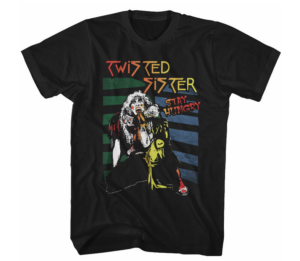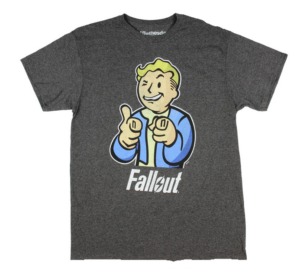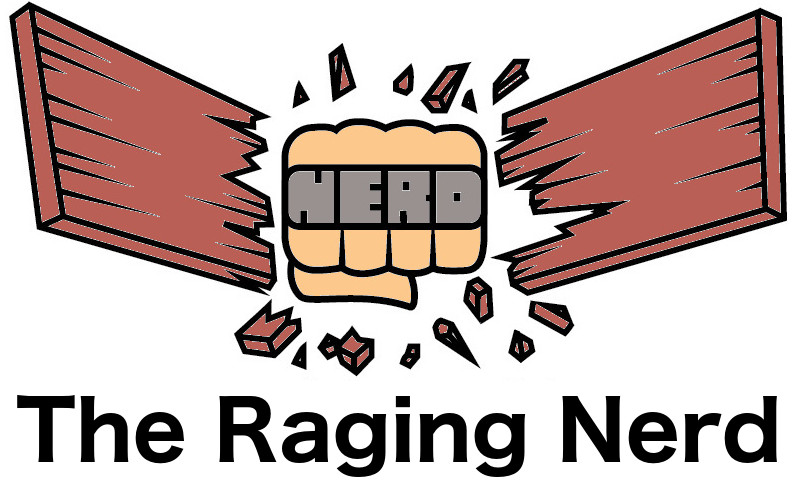Was Twisted Sister A Metal Band?
Twisted Sister is primarily known as a hair band, or hair-metal. It’s not true metal, but a kind of pop rock that was popular during the 1980s. However, they did have a few songs that were closer to true metal. While Twisted Sister primarily wrote songs that were poppy and anthemic, similar to Poison or Motley Crue, they did write a few songs that were less teased hair and leotards and more leather and spikes, more in the vein of Iron Maiden or Judas Priest than Whitesnake of Bon Jovi. So what songs were those, and what made them sound like metal?
 The first of their more metal tracks is Burn In Hell. The very title already sounds like a legitimate metal song rather than a hair metal bonanza, and that’s what they delivered on this track. Covered later on by no less a legendary black metal band than Dimmu Borgir, Burn In Hell begins with slow, ominous minor-key power chord riffing. The singer stays away from the higher end of his range and sings in a rough baritone: “Welcome to the abandoned lands/Come on in child, take my hand”. It’s the sort of singing that frequently accompanies heavier tracks in 80s metal. When he finally unleashes a high-pitched scream, the track kicks into overdrive, with the tempo increasing and the intensity ramping up. The chorus, a simple refrain of “You’re gonna burn in hell” serves to drive home the grim nature of the track. Interestingly, when viewed closely, the lyrics are not about Satan and death and evil at all. Rather, they’re a warning for the listener to change their ways before they “burn in hell”. Whether this is a reference to a literal Christian afterlife punishment, or a simple warning about the consequences of one’s actions, is anybody’s guess.
The first of their more metal tracks is Burn In Hell. The very title already sounds like a legitimate metal song rather than a hair metal bonanza, and that’s what they delivered on this track. Covered later on by no less a legendary black metal band than Dimmu Borgir, Burn In Hell begins with slow, ominous minor-key power chord riffing. The singer stays away from the higher end of his range and sings in a rough baritone: “Welcome to the abandoned lands/Come on in child, take my hand”. It’s the sort of singing that frequently accompanies heavier tracks in 80s metal. When he finally unleashes a high-pitched scream, the track kicks into overdrive, with the tempo increasing and the intensity ramping up. The chorus, a simple refrain of “You’re gonna burn in hell” serves to drive home the grim nature of the track. Interestingly, when viewed closely, the lyrics are not about Satan and death and evil at all. Rather, they’re a warning for the listener to change their ways before they “burn in hell”. Whether this is a reference to a literal Christian afterlife punishment, or a simple warning about the consequences of one’s actions, is anybody’s guess.
The second heavy track from Twisted Sister, which is the reason why so many metalheads still occasionally wear Twisted Sister t shirts, is Under The Blade. Under The Blade begins with fast palm mutes in a manner reminiscent of Judas Priest. The singer begins menacingly, saying, “A glint of steel, a flash of light/You know you’re not going home tonight”. At the end of the first verse, when he finally screams the word “Blade!” near the upper end of his range, the guitars go from fast low palm mutes to being ripped open by power chords higher on the fretboard. This is the sort of thing that Rob Halford would have had fun with. Amusingly, this song was highlighted by Tipper Gore as a reason to censor music and put parental advisory stickers on CDs, because she assumed that it was about lascivious, deviant practices. This is very funny, because Tipper Gore seems to have been projecting: in reality, Under The Blade is just about getting oral surgery, which is a very frightening experience, as anyone who has had their wisdom teeth out knows full well. Although it’s good that we all now know what Tipper Gore was doing on the weekends, if you get my drift.
What Does The Fallout Series Do For Us?
The Fallout games are a huge cash cow for Bethesda. For example, Fallout: New Vegas raked in more than three hundred million dollars in the first month after its release. Pause for a moment to reflect on what a tremendous sum of money that is. There are blockbuster films that never touch anywhere near that amount of money. How is it that this series has made Bethesda so much cash? What is it about Fallout that is so compelling that people just have to have it? Granted, it’s not the Elder Scrolls or the fame of Skyrim, but there’s definitely something there that people want. So what is it? What’s with all the Fallout video game shirts?
 There are a few things. First of all, the post-apocalyptic genre is relatively underplayed. Yeah, there have been a few movies like Mad Max that had post-apocalyptic settings, but overall, it’s not a hugely popular genre. There are way more high fantasy and sci-fi/space opera settings than post-apocalyptic. Since it’s such an underused genre, Fallout comes across as a very original game by using a post-apocalyptic setting. Moreover, you would expect post-apocalyptic games to be either action or survival horror. Fallout, however, is decidedly a role playing game, which is unexpected and thus a fresh combination.
There are a few things. First of all, the post-apocalyptic genre is relatively underplayed. Yeah, there have been a few movies like Mad Max that had post-apocalyptic settings, but overall, it’s not a hugely popular genre. There are way more high fantasy and sci-fi/space opera settings than post-apocalyptic. Since it’s such an underused genre, Fallout comes across as a very original game by using a post-apocalyptic setting. Moreover, you would expect post-apocalyptic games to be either action or survival horror. Fallout, however, is decidedly a role playing game, which is unexpected and thus a fresh combination.
Secondly, it provides Bethesda with a series that is somewhat less cartoonish than their other games. Skyrim is an enormously popular game, but the voice acting, writing, and plot are all on the same level as you’d see in a Disney film, or perhaps slightly below that. The Fallout games just feel somehow more serious. Part of it is the superior quality of the voice acting and dialogue, as well as the writing. But another big part of it is the setting. While fantasy can be done well, it’s something that must be “sold” in order to be convincing. If we are going to take magical dragons seriously, then we have to be persuaded to do so. Post-apocalyptic settings are just easier to take seriously and lend themselves more to suspension of disbelief.
Another big issue with Fallout is the consistency of the series, which is an element that is missing from the Elder Scrolls. The Elder Scrolls was never a very consistent series. There was Arena, which was more of a beta or prototype than a series-launching game. Then we had Daggerfall, which is the first game that felt a bit like the Elder Scrolls but was still more of a historical achievement than a game that people still want to play today. The first really great ES was Morrowind, which was very different from Daggerfall. Oblivion felt like a more canned Morrowind with slightly better graphics, and Skyrim was just a straight-up action game.
Fallout, by contrast, is a very consistent series. That’s not to say that all the games are, or even feel, the same. However, they’re all clearly in the same genre and proceed along the same general lines. This is in stark contrast to the Elder Scrolls, which feel like a weird experiment with each new game. Fallout, by contrast, is a series where the gamer knows roughly what they’re going to get.



